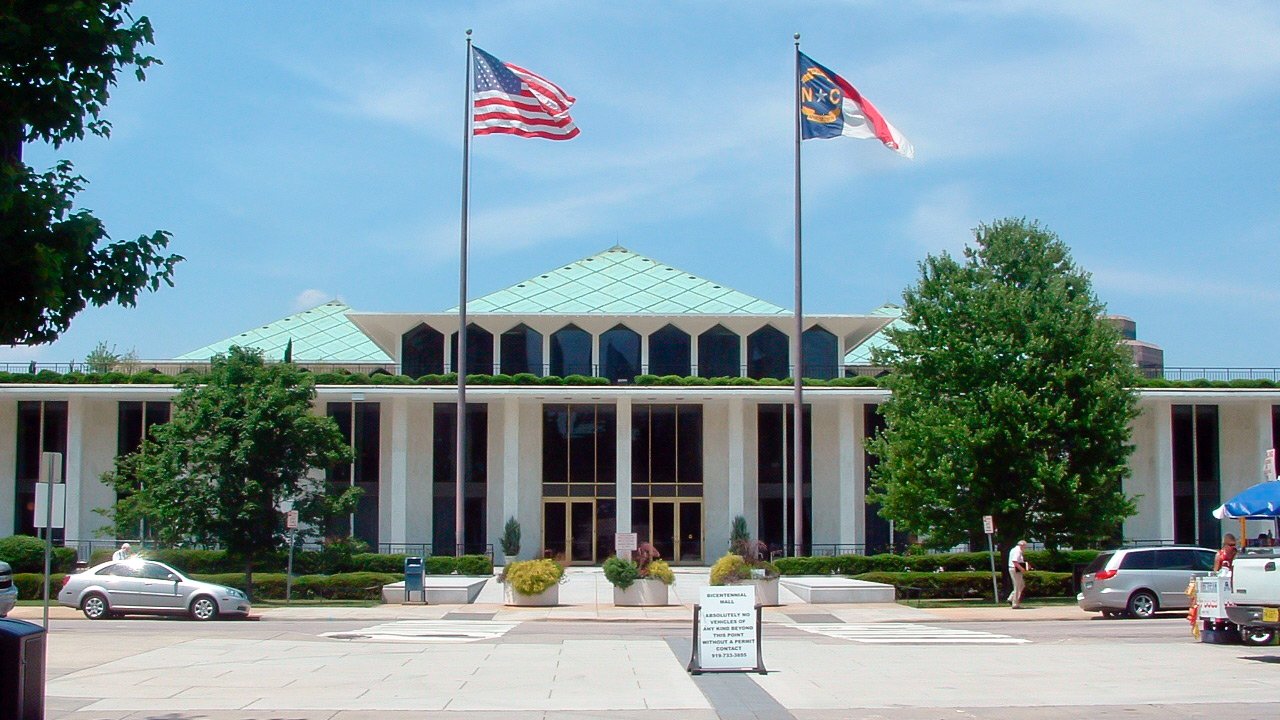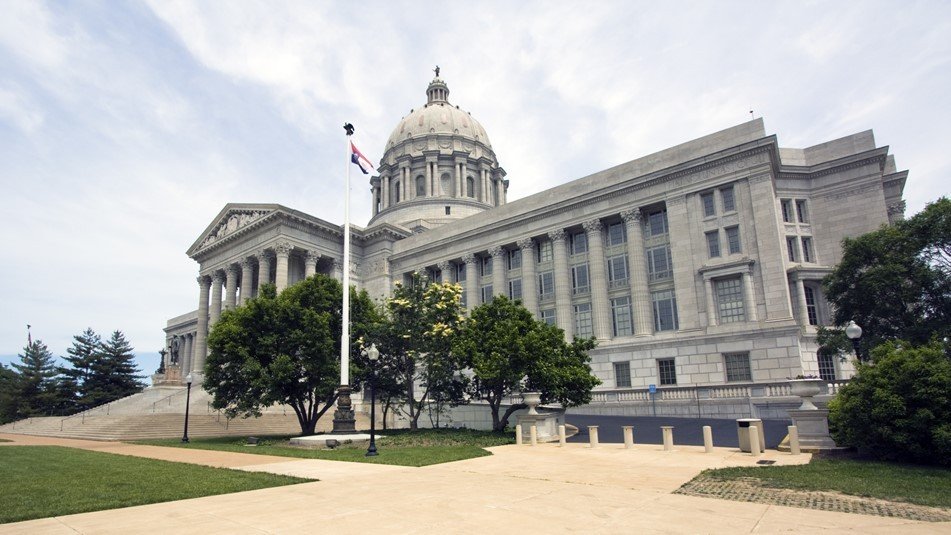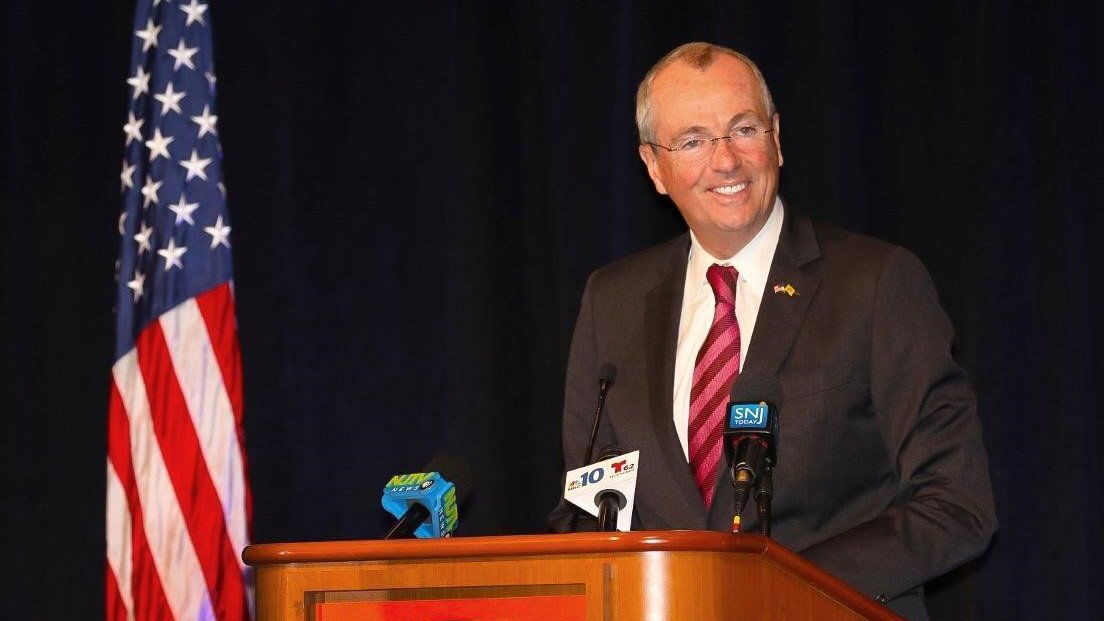North Carolina lawmakers considering up to four new casinos as part of budget negotiations

North Carolina legislators are discussing proposals that could see the authorization of as many as four new casinos and video gambling machines. The talks were confirmed by top General Assembly leaders on Thursday, noting that while ideas and some potential bill language are being exchanged, legislators have yet to reach the level of formal legislation to be voted upon.
House Speaker Tim Moore and Senate leader Phil Berger told reporters separately about the ideas yesterday, confirming an upgrade in negotiations that have waited in the wings for months during this year’s legislative session. While the state currently has three casinos, operated by the Eastern Band of Cherokee Indians or the Catawba Indian Nation, the proposals would expand the offering at a point of increased competition from neighboring states.
A number of legislators, including Berger among them, are worried about both state and local governments losing gambling revenue to neighboring states that are opening new non-tribal casinos. This is particularly the case of Virginia, on its southern border, where a new casino opened in Danville, about 25 miles from where Berger lives in Rockingham County.
The casino negotiations are intertwined with talks over a final two-year state budget, which was supposed to be enacted by July 1. Votes on any outstanding legislation from this year’s work session are not likely to happen until at least early August, the lawmakers said. “I would anticipate that at the point in time when we get a budget done, we will have made a decision about (gambling) as well,” Berger said, as reported by Associated Press.
Phil Berger
More casinos coming to NC?
The proposals being discussed by legislators would permit casinos as part of “entertainment districts,” which in addition to gambling options would offer hotels, restaurants and residential and commercial development. Locations being considered include Anson, Nash and Rockingham counties, the General Assembly leaders pointed out. A plan to allow the Lumbee Tribe of North Carolina to run a casino in eastern North Carolina is also being explored.
Robeson County-based Lumbees haven’t been able to operate casino gambling because they have lacked the extent of federal tribal recognition necessary to do so. Instead, the tribe could provide gambling through a state licensing process, Moore said, as per AP.
Commercial casinos built in Nash, Anson and Rockingham counties could generate almost $1.7 billion in gross wagering revenue annually and hundreds of millions in taxes, in addition to creating new jobs, a study by a gambling research group estimates. As the possibility is discussed, a development company tied to The Cordish Companies has already moved to rezone some land in Rockingham County, as per reports earlier this month.
Tim Moore
A proposal to legalize video gambling machines statewide is also being discussed, which would direct the state Lottery Commission to regulate the devices, allowing them in places with alcohol beverage licenses. A House bill that received a hearing in May called for the state to get a cut equal to a portion of net machine revenues.
Proposals might be gaining momentum
North Carolina legislators have already expanded legal gambling in the state this year by passing a law authorizing sports and horse racing betting, with the first wagers now expected in the first half of 2024. Lawmakers were able to drive the legislation to the finish line despite opposition from a coalition of social conservatives and liberal lawmakers, which is now urging legislators to block the efforts to authorize more casinos in the state.
Moore expressed confidence that an agreement may be reached, noting Thursday that there is more support for the casino and video gambling plan than there was for the sports betting law. “The response that we’re hearing from legislators from those regions has been supportive because they see it as a way to really spur the economy of their region,” Moore said, as per AP.
Moore’s words follow Berger’s statement last week that the chances for more state-sanctioned gambling making it to Governor Cooper’s desk this summer were “better than 50-50.” It’s yet unclear whether the final proposal, should it make it to the finish line, would require formal backing of a casino project by local voters, such as through a referendum.



















































